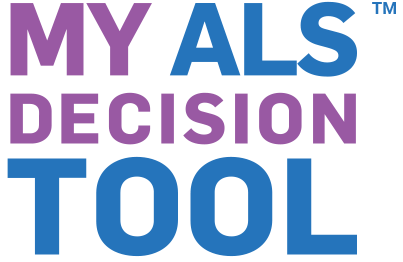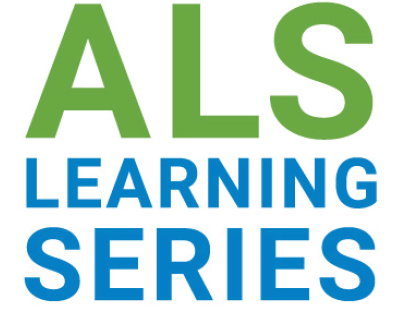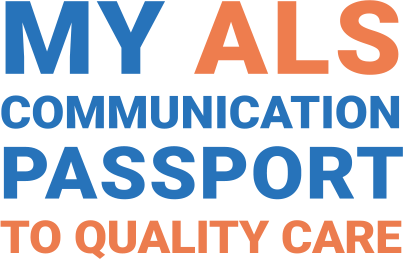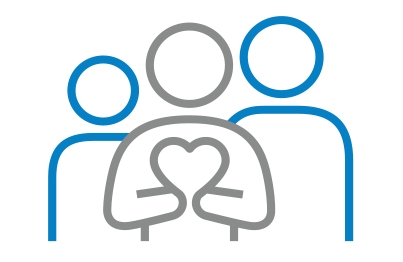ALS & Caregiver Self-Care
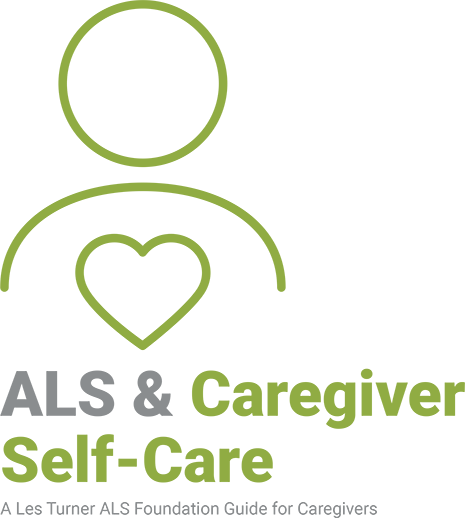
Taking care of yourself
Self-care strategies:





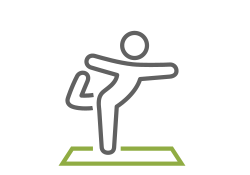



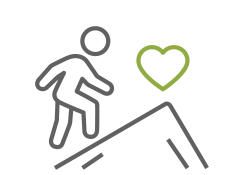
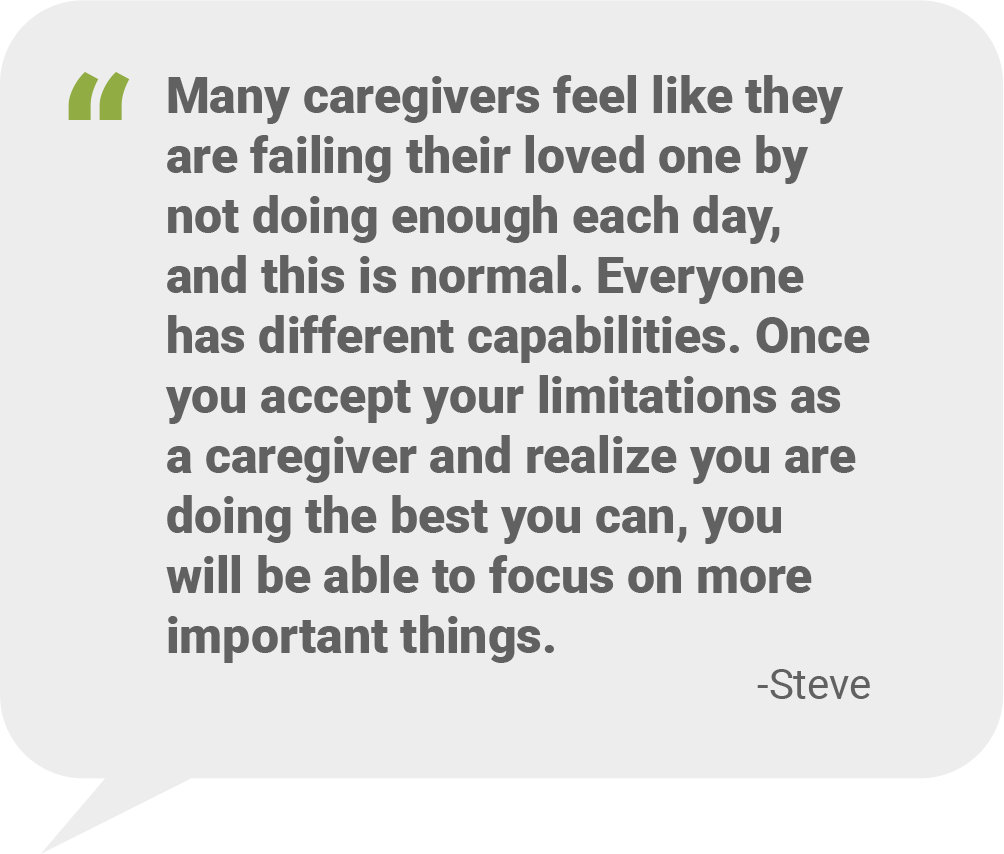
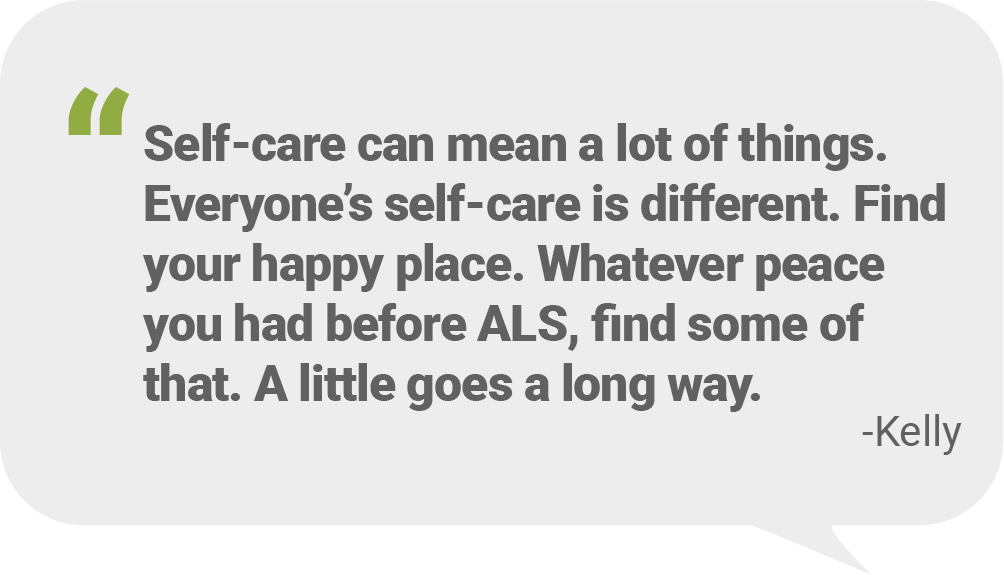

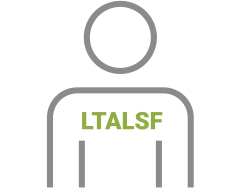

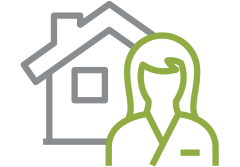
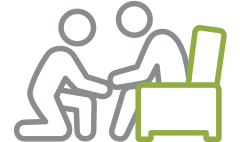

Caregivers have told us that social media community groups have helped them tremendously. Check out some of the most well-liked Facebook groups:
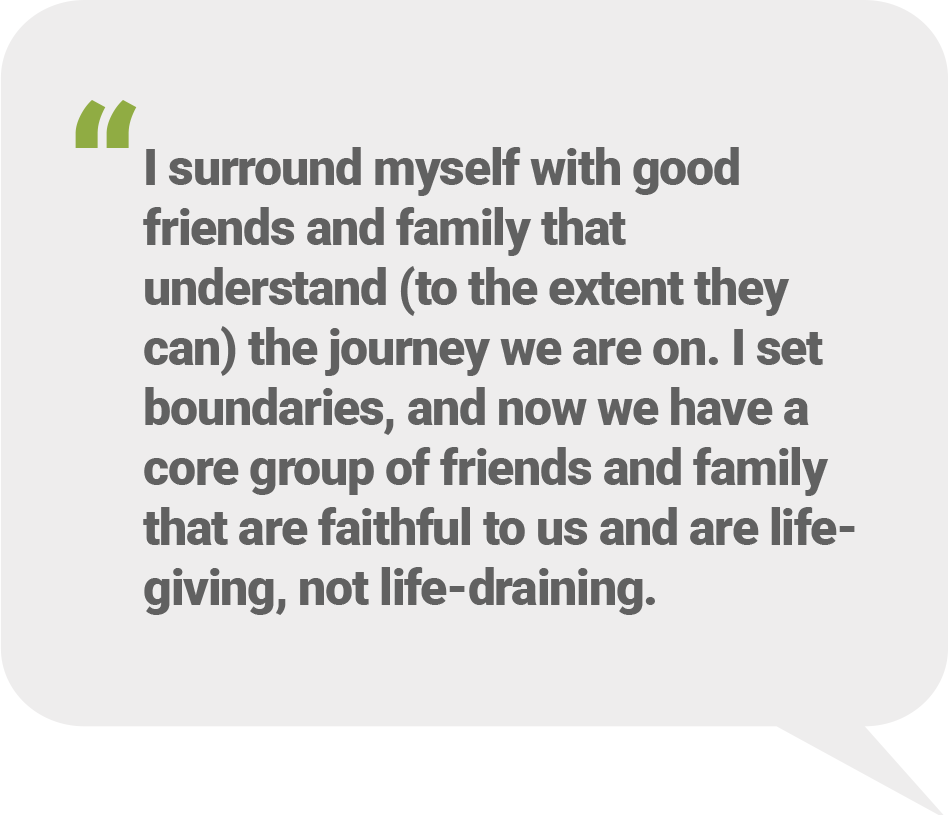



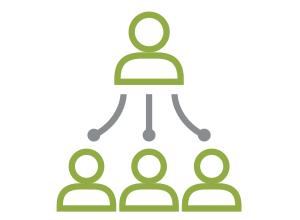

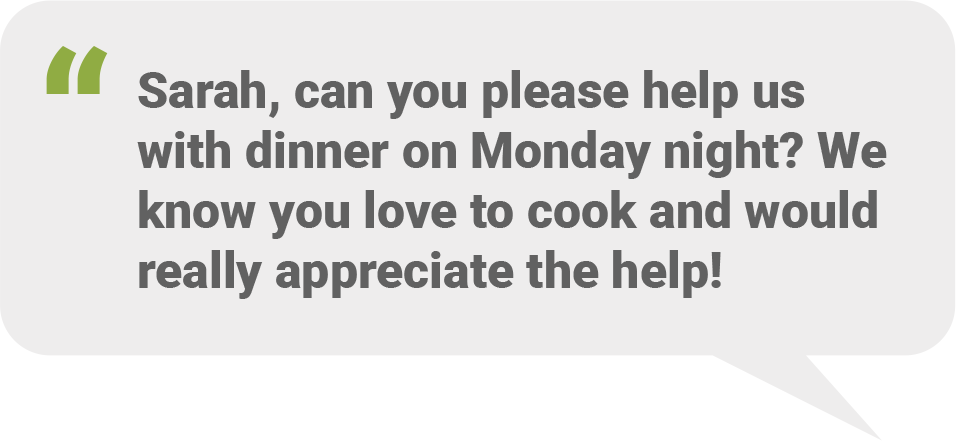

Caregiver burnout
Stages of caregiver burnout

Frustration

Isolation

Despair

Multiple roles

Multiple roles

Financial pressure

Lack of alone time

Unrealistic expectations
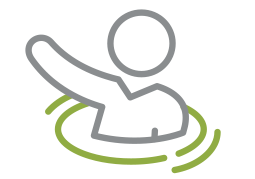
Lack of support
Symptoms of caregiver burnout








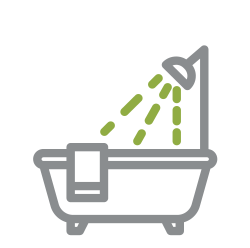


Caregiver abuse
Resources for caregivers
Veterans Affairs assistance for family caregivers
U.S. military veterans are twice as likely to develop ALS compared to non-veterans. Veteran Affairs (VA) offers benefits such as disability and caregiver compensation; grants for home and vehicle modifications; medications and supplies; and home health care and equipment. To learn more, visit: va.gov.
The Paralyzed Veterans of America (PVA) specialize in providing navigation services for veterans. You can reach their website at: pva.org.
Family caregivers provide essential support in caring for veterans. The VA recognizes the importance of family caregivers and has an assistance program for caregivers. To learn more, visit: caregiver.va.gov
Apps for caregivers
Learn more
My ALS Decision Tool™
ALS Learning Series
My ALS Communication Passport to Quality Care
Support Groups
Theses resources are made possible by a generous donation from the Gilbert & Jacqueline Fern Foundation and other donors to the Foundation.
Sign up for News and Updates
Get helpful resources and updates from the Les Turner ALS Foundation delivered straight to your inbox. You’ll receive information on additional decision tools to help you understand your treatment options and make the decision that's right for you, plus information on upcoming events, ALS research, clinical trials, and more.


